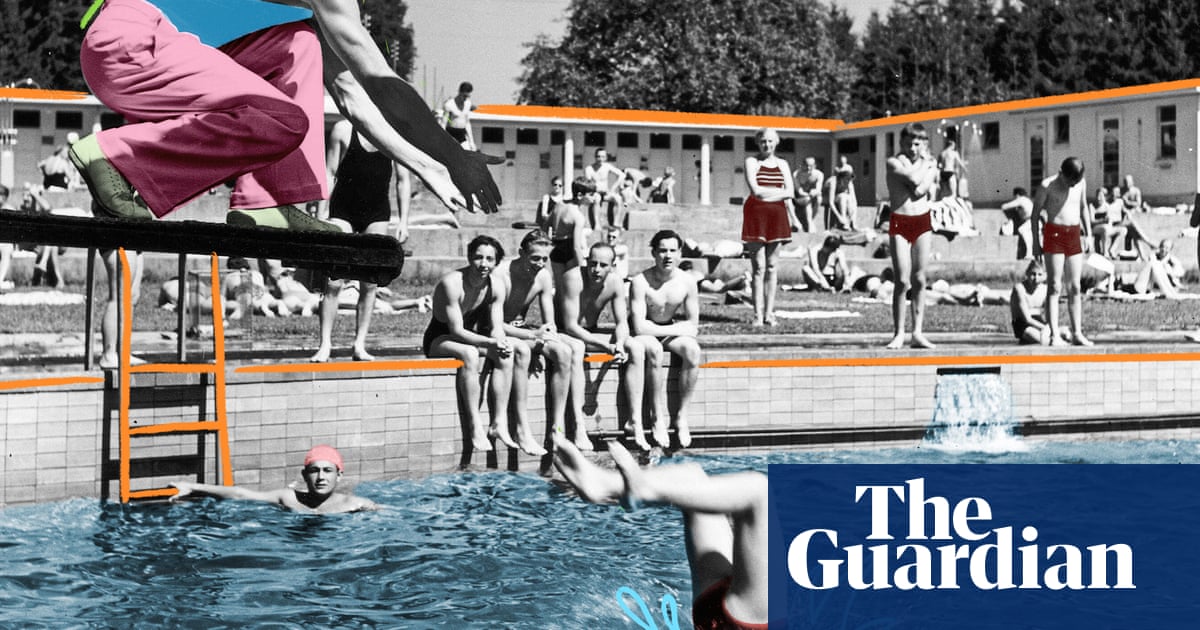It wasn’t my first period, but it was within the first year of getting my period. I was only 13 years old and, when you first start menstruating, you never know when your next period is going to arrive.
I was away on holiday with my family, playing in the hotel pool with some new friends I’d just met. There was definitely a boy there I fancied. At one point, I hopped out of the pool and suddenly this lifeguard, who must have only been 15 or 16 himself, walked straight up, put a towel around me and said really quietly in my ear, “You need to go to the bathroom.” I looked down and realised why: my period had started.
That was it. He said nothing more. Not even my twin sister, who was also in the pool, had any idea what had happened. He was that subtle about it.
If he hadn’t done that, it likely would have destroyed my entire holiday. You can just imagine the humiliation of having met a group of cool teenagers you’re trying to impress and suddenly you’ve got blood running down your legs. This was the 1980s – they would have pointed at me and laughed!
I will always be grateful to that lifeguard. I’ve always wished that I could go online and find this boy to thank him – or thank his mother more than anything, as she clearly taught him perfect manners. He somehow knew not to make a big deal of it, and how not to embarrass me. It was just done so beautifully.
I now have two sons myself and I’ve always said to them, if you ever see a stain on a girl’s dress, take off your jumper, put it around her waist, tell her she needs to go to the bathroom and never mention it again. That day also showed me that kindness doesn’t have to be big, sweeping “look at me” gestures – the smallest acts can be the most impactful.
Your contact details are helpful so we can contact you for more information. They will only be seen by the Guardian.
Your contact details are helpful so we can contact you for more information. They will only be seen by the Guardian.
If you’re having trouble using the form clickhere.Read terms of servicehereand privacy policyhere
